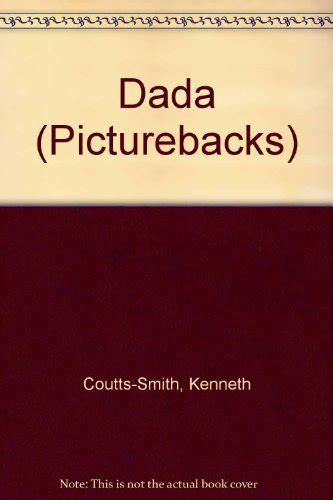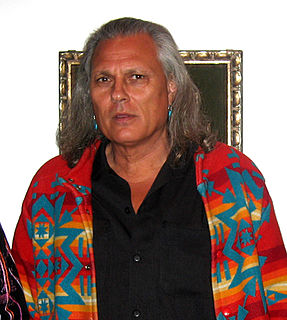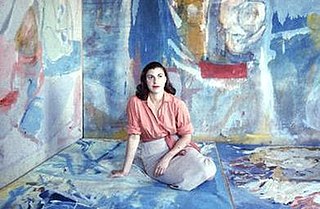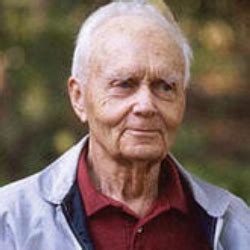A Quote by Wes Nisker
By translating their inner turmoil or understanding into art, artists challenge the accepted notions of reality and create new ones.
Related Quotes
Art movements are always linked to some kind of turmoil. We can look at history and see that [political turmoil is] fertile ground for art. I also think that it gives artists something, a way of kind of processing. My friends and I have all been super motivated to work and to do the work that we need to and want to and think should be in the world. Hard times are really a fire under your ass to prioritize and think, "Okay, how can I challenge myself to put something in the world that wasn't there that can reach other folks and help them to process"?
Reality cannot be photographed or represented. We can only create a new reality. And my dilemma is how to make art out of a reality that most of us would rather ignore. How do you make art when the world is in such a state? My answer has been to make mistakes, but when I can, to choose them. We are all guilt victims choosing mistakes, and as Godard said, the very definition of the human condition is in the mise-en-scéne itself.
Even fake news tries to convince us of its reality, but it does so mostly by appealing to your preconceived notions, your shared biases, or your prejudice. How to do the opposite? To create a sense of the real and then challenge your biases. I think that is my favourite aspect of writing, and that is what I've tried to do in 'The Lovers.'
People for whom art is religion can say, "What I love about art is that it points to a higher reality." Well, fine, but the time comes when the smart thing for such a person to do is to let go of the fun of the art and get into the hard work of attaining and understanding that higher reality, unmixed with worldly games.
I think that a lot of artists have succeeded in making what I might call "curator's art." Everybody's being accepted, and I always want to say, "Really? That's what you've come for? To make art that looks a lot like somebody else's art?" If I am thinking of somebody else's art in front of your art, that's a problem.

































